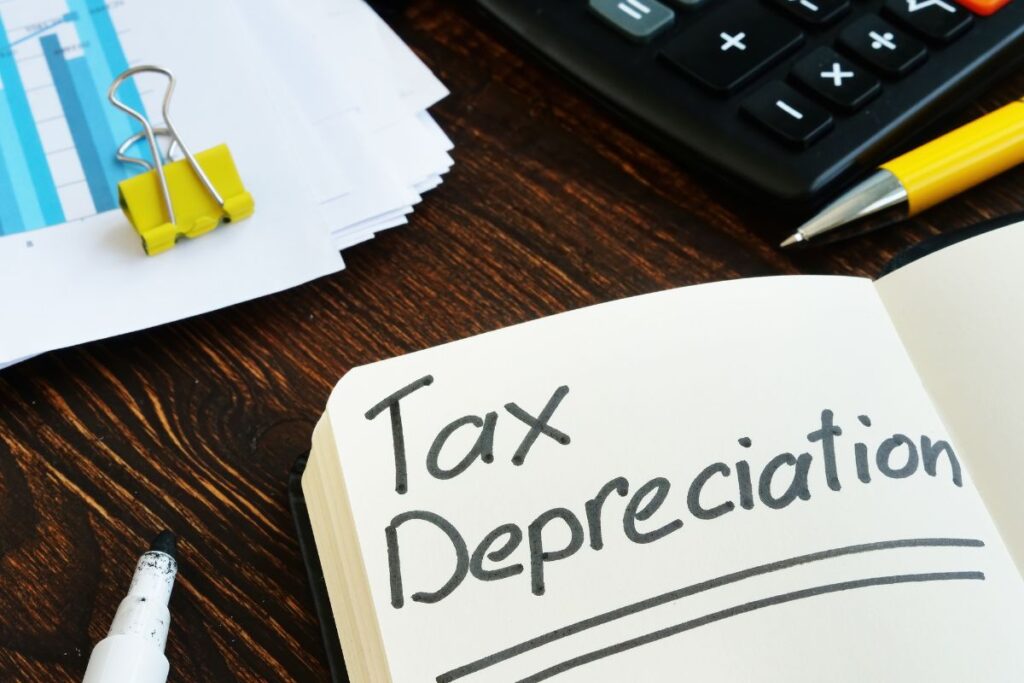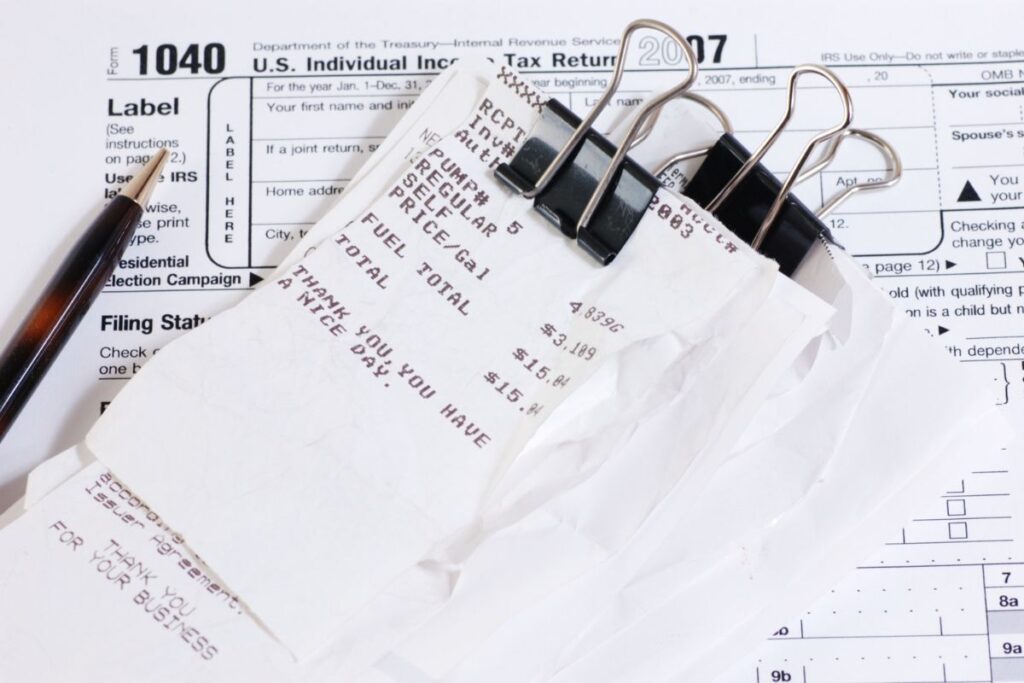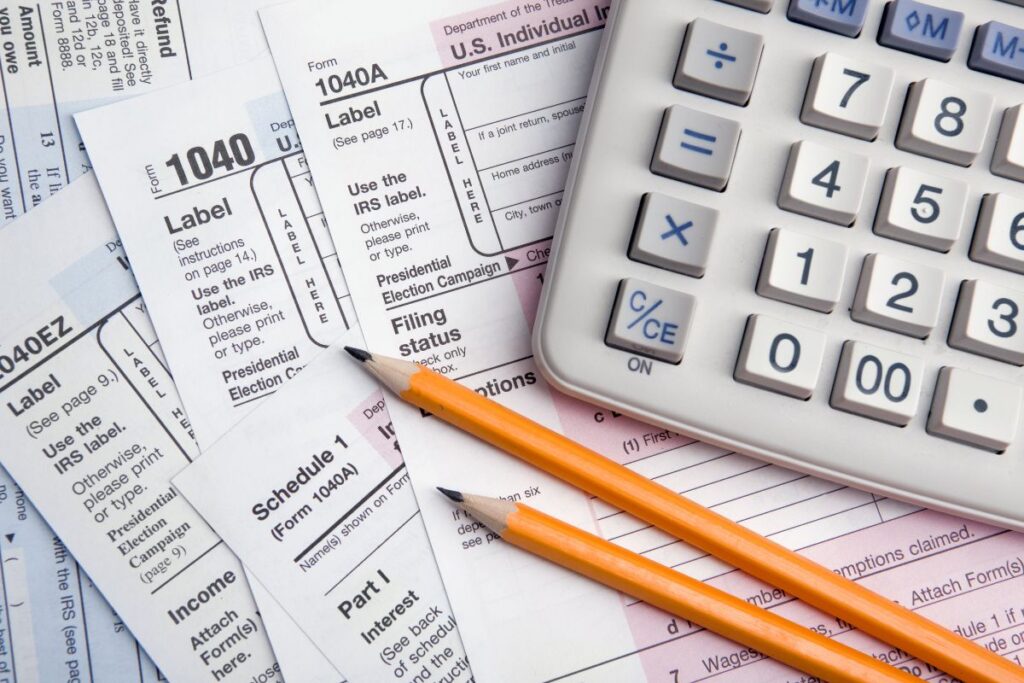
As a property owner, you know that maintaining a property can be a costly endeavour. Fortunately, there are ways to offset some of these costs, including tax depreciation. Tax depreciation refers to the deduction of the cost of an asset over time. Regarding property ownership, a tax depreciation schedule can be a valuable tool to help you maximise your tax deductions and minimise your tax liabilities. This post will explore some of the top benefits of tax depreciation annual schedules for property owners.
Contents
Benefit #1: Increase cash flow
Increased cash flow is one of the most significant benefits of a tax depreciation annual schedule. As a property owner, you can claim depreciation on your investment property each year as a tax deduction. This means you can reduce your taxable income and increase your cash flow by lowering your tax liabilities. The additional cash flow can be reinvested in your property, increasing its value.
Benefit #2: Reduce taxable income
A tax depreciation annual schedule can also help you reduce your taxable income. By claiming depreciation on your investment property, you can offset the income that you receive from your property. This can be particularly useful if you have a high income tax rate, as it can help to lower your overall tax liability.
Benefit #3: Improve property affordability
Another benefit of a tax depreciation annual schedule is that it can help to improve property affordability. You can purchase a more expensive investment property by reducing your taxable income and increasing your cash flow. This can be particularly useful for expanding your property portfolio or purchasing a property in a more desirable location.
Benefit #4: Increase property value
A tax depreciation annual schedule can also help increase your property’s value over time. You can improve its value by reinvesting the additional cash flow you receive from your depreciation deductions back into your property. For example, you may renovate your property, add new features or upgrade its fixtures and fittings. These improvements can make your property more attractive to potential tenants and increase its rental income.
Benefit #5: Increase after-tax return on investment
Finally, a tax depreciation annual schedule can increase your after-tax return on investment. By reducing your tax liabilities and increasing your cash flow, you can improve the overall profitability of your investment property. This can be particularly useful if you are looking to sell your property in the future, as it can help to maximise your returns.
Benefit #6: Stay compliant with tax regulations
A tax depreciation annual schedule can also help you comply with tax regulations. Tax laws and regulations can be complex, and keeping up with changes that may impact your investment property can be challenging. By working with a qualified quantity surveyor to prepare a tax depreciation annual schedule, you can ensure that you are claiming all the deductions that you are entitled to under current tax laws and regulations. This can help prevent potential issues with the tax authorities and keep your property investment on solid legal ground.
Conclusion
A tax depreciation schedule can be an incredibly valuable tool for property owners. It can help to increase cash flow, reduce taxable income, improve property affordability, increase property value, and increase after-tax return on investment. If you are a property owner, you must work with a qualified quantity surveyor to prepare a tax depreciation annual schedule for your investment property. By doing so, you can ensure that you are maximising your tax deductions and minimising your tax liabilities, which can help you to achieve your investment goals and build a successful property portfolio.




